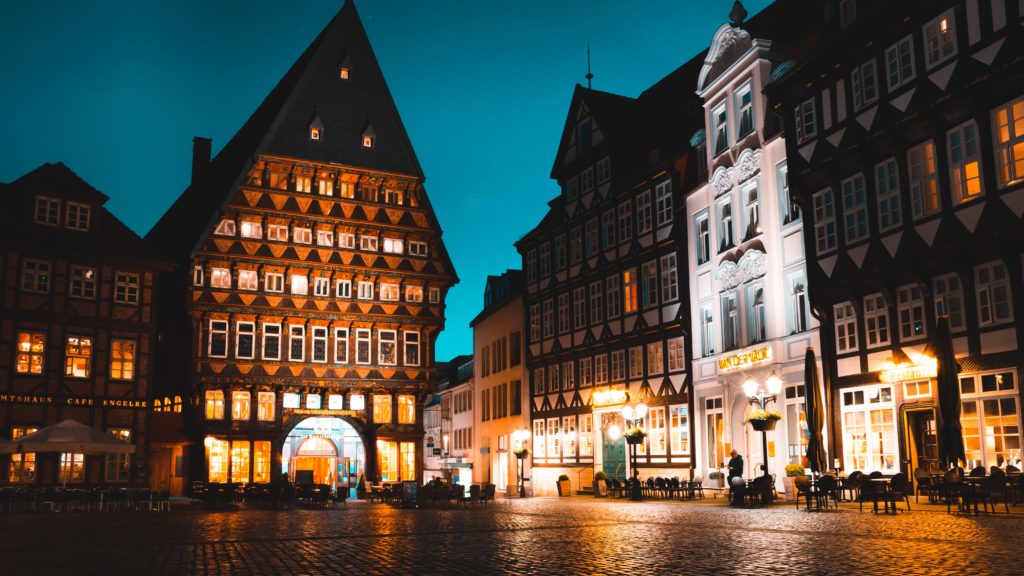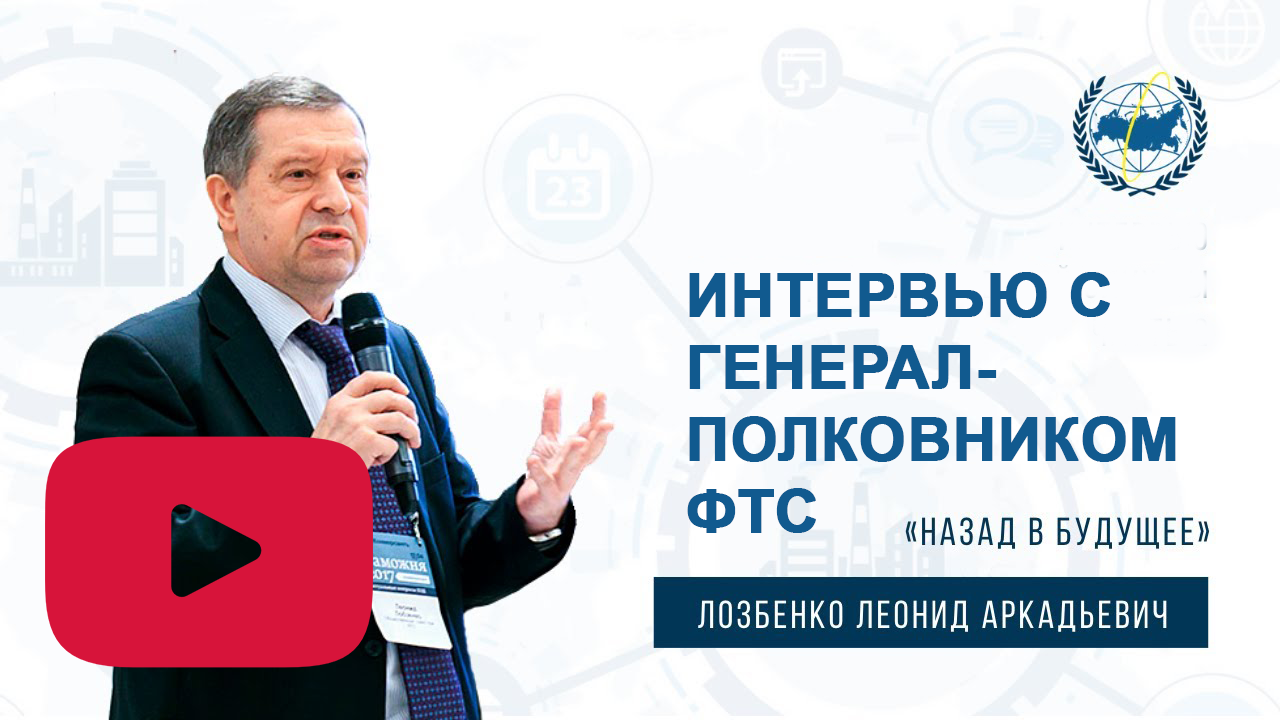
The Russian-German Economic Council intends to discuss this issue on April 14. In addition, the parties intend to agree on expanding Russian-German investment cooperation and increasing the investment attractiveness of the Russian Federation, promoting the interests of Russian business circles in the German market. However, experts argue that the future of Russian exports is not an economic question, but a political one.
Trading in Coronavirus Mode
Russian businessmen to Germany, as the parties state, will primarily export the health care economy – this is a joint cooperation of Russian and German medical and technical enterprises within the framework of the Health Economics national project. In addition, the parties intend to develop a mechanism for international business travel: “We welcome the new bilateral body, because it is focused on projects and solving business issues. Within its framework, such important issues as decarbonization, German investments in Russia, and also the development of Russian exports to Germany “, – said Michael Harms, Executive Director of the Eastern Committee of the German Economy at a meeting with Vladimir Ilyichev, Deputy Minister of Economic Development of the Russian Federation.
Experts say: in the coronavirus year 2020, exports from Russia to Germany decreased by 30%, to € 22 billion.The negative dynamics to a historical maximum is associated with restrictive measures introduced to combat the new coronavirus infection.
Visa restrictions due to the pandemic have become an obstacle to the development of Russian-German trade relations, says Yuri Stetsenko, head of the representative office of REC in Germany. The expert proves this conviction by the abrupt termination of all business contacts – the pandemic stopped both exhibition activities and mutual business contacts: “The ever-expanding sanctions against Russia have a negative impact on mutual trade. Prohibitive economic sanctions have the effect of unpredictability of a foreign trade transaction and necessitate additional costs. For example, Russian companies that want to accelerate business development and create enterprises in Germany for this are often denied opening a bank account in Germany or providing a long-term bank loan, “Stetsenko says.
What is good for a German?
Experts cite two indicators. For several years, Germany has been among the top three in the ranking of the attractiveness of foreign country markets for Russian exports, and in 2021, the country’s GDP will grow by 3.5%. Economists emphasize that in 2021 Russia has every chance to change the structure of exports and “move” China:
“German manufacturers are forced to solve complex logistical problems: they are waiting for the supply of raw materials and / or components from China for up to three months. And this is a window of opportunity for those Russian companies that are ready to reorient themselves and quickly occupy empty niches. We can confidently say that not only gas, oil or other basic raw materials are in demand in the German market. We, for example, supply to Germany polymer compounds for the subsequent manufacture of parts for power tools, parts of office furniture and goods for various purposes. The volume of supplies by 2020, compared to the one we started with, has grown 2 times “, – says Alexander Pavlov, general director of NPP” POLYPLASTIC “.
However, the businessman admits that the image component blocks the way for Russian goods to Germany.
“In Germany, there is a stereotype of perception of Russian goods as something cheap and suspicious. But it is completely surmountable if you make quality products: for example, our German customers, having tested ours once, no longer perceive it as” something incomprehensible from Russia “, – says Alexander Pavlov.
Yuri Stetsenko as a new challenge for Russia is the introduction of carbon taxes, which are designed to put barriers on the way of imported goods into the EU, produced at enterprises with high CO2 emissions: “Today, among the officials of the European Union and Germany, there is a strong political conviction that all Russian goods contain deep carbon trail and therefore, of course, should be subject to additional customs duties.Obviously, this approach will affect the alleged supply of Russian “non-green hydrogen” to Germany, – the expert argues.
Russian businessmen are confident that export volumes from Russia will grow in the future. The general director of POLYPLASTIC calculated that in the next four years the shipment will triple: “There are all preconditions for this, since we are confident that we can offer worthy compounds based on polypropylene and polyamide, thermoplastic elastomers for the needs of the German market,” the businessman says.
However, the head of the representative office of REC in Germany is not ready to make such rosy predictions: “This autumn, the Federal Republic of Germany will hold elections to the Bundestag, which will lead to a change in the government coalition and the German Chancellor. This will open a new political stage in our relations and in establishing points of interaction. on strategic directions of economic cooperation. According to experts, the new leadership of the country will take a tougher stance towards Russia, which will certainly not contribute to the development of relations, “says Yuri Stetsenko.
Source: LogLink




